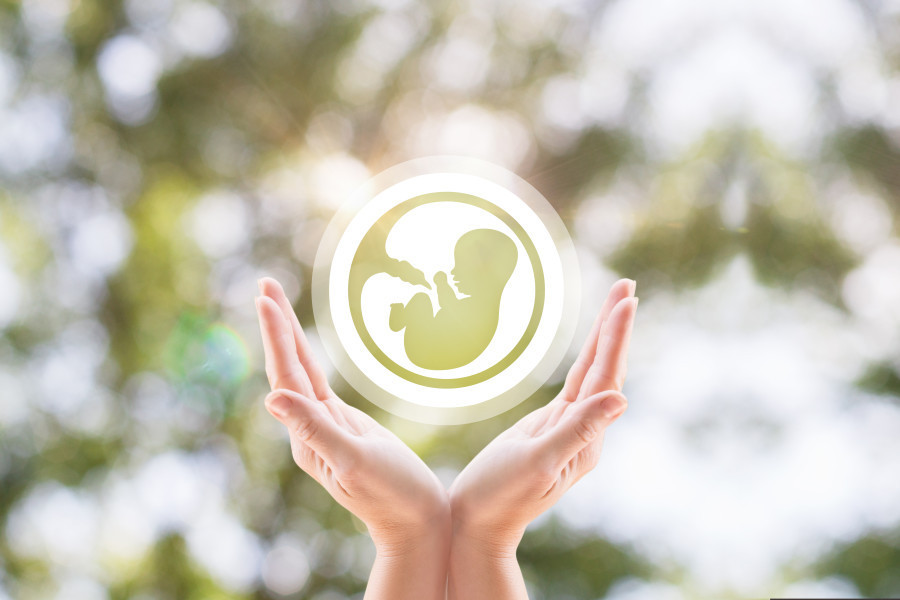Health
Demand for IVF, IUI services in Nepal rises manifold
Doctors at the Paropakar Hospital say around 160 people are on the waiting list to receive either eggs or sperm.
Arjun Poudel
Of late, around 50 to 60 women seeking treatment for infertility problems visit the outpatient department of Thapathali-based Paropakar Maternity and Women’s Hospital every day.
The number used to be 10 to 15 until a few years ago, according to doctors at the hospital.
The number of women seeking intrauterine insemination (IUI), an artificial insemination in which doctors insert semen directly inside the uterus, and in-vitro fertilisation (IVF), a fertility treatment where eggs are combined with sperm, has also risen significantly.
“Demand for infertility treatment in our hospital suggests the scale of the problem in society,” said Dr Shree Prasad Adhikari, director at the hospital. “We have been providing IUI service to three women every day and IVF to three women each week.”
Hospital administration said that around 80 women and a similar number of couples are on the waiting list to receive eggs or sperm to have babies. Officials at the hospital said that they are yet to start eggs and sperm donation services due to a confusion in the law. They said that the hospital has been consulting legal experts to start egg and sperm donation.
The health institution charges Rs6,000 for IUI service, under which doctors open blocked fallopian tubes, give medicines for producing eggs and insert specially prepared sperm directly into the uterus.
Adhikari said that they have been charging Rs200,000 for IVF service. Compared to private hospitals, the maternity hospital charges less for the services.
IUI services are being provided to women between 22 and 35 and IVF services to women above 35 years of age whose fallopian tubes are blocked. Doctors give medicines for the production of eggs for 13 days, extract a healthy egg, fertilise it by injecting a single sperm, develop the embryo in an incubator and put it in the uterus in three to five days.
Doctors say several factors including age, hormonal imbalances, weight, and non-communicable diseases prevent women from getting pregnant. They say there are around two dozen IVF centres in Nepal, all of them in Kathmandu.
“Fertility services should be decentralised and provided at least from provincial hospitals,” Adhikari said. “Due to lack of services in other places, people have been forced to come to Kathmandu.”
More and more Nepalis moving abroad for work has given rise to infertility problems, experts say. Doctors say that continuous exposure to heat, use of cigarettes, alcohol and tobacco, mental stress, and harsh living conditions are the reasons for the decline in sperm count among Nepali men.
Apart from that, delayed marriage, and separation of couples for a long time, rise in non-communicable diseases, among others factors, have fueled infertility problems, which are overlooked by all agencies concerned, doctors say.
Some people who do not get to stay with their spouse for long have of late started using sperm banks. Sperm banking is a process of collecting, storing and freezing sperm for later use in fertility treatment.




 20.06°C Kathmandu
20.06°C Kathmandu















